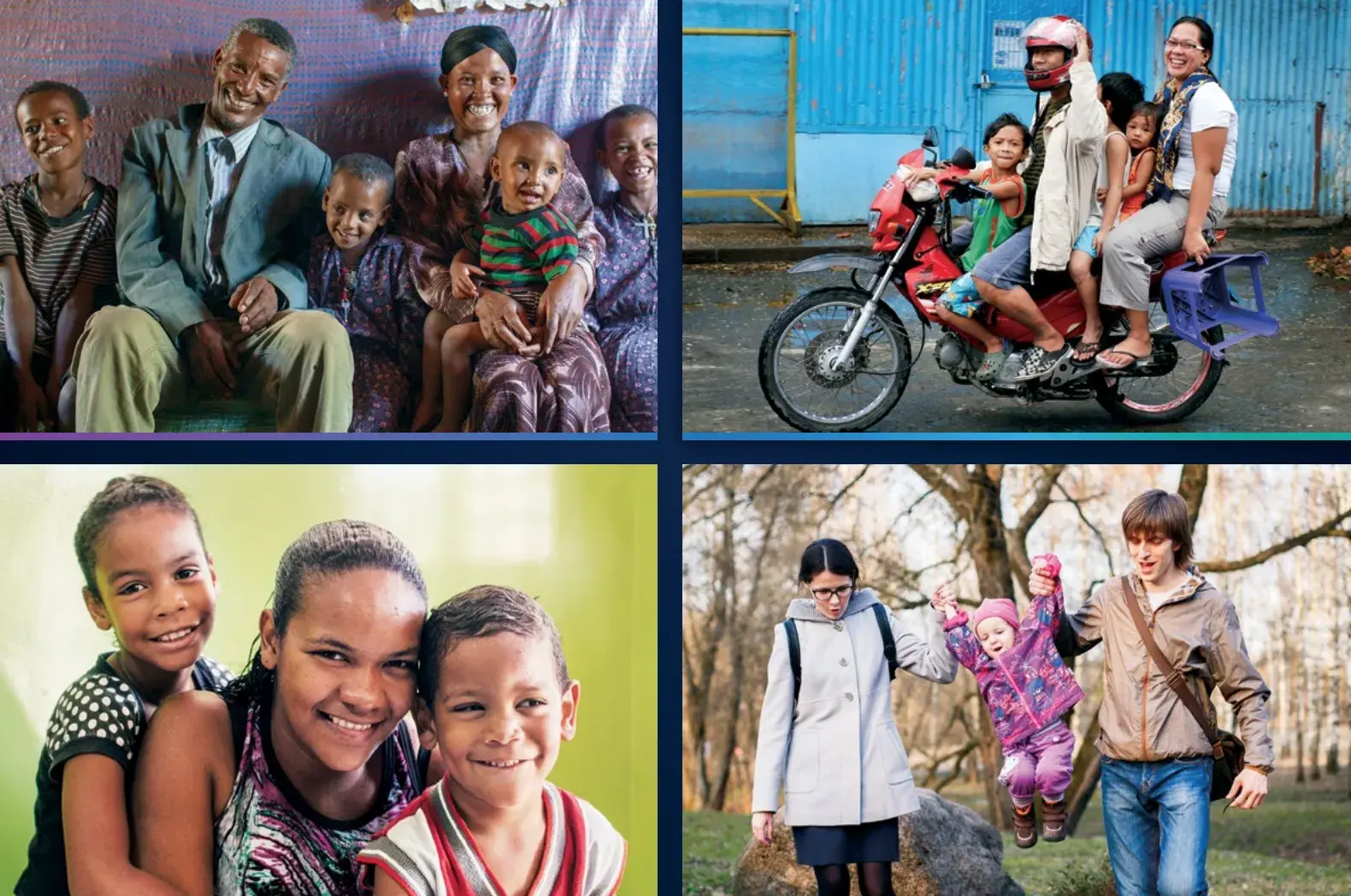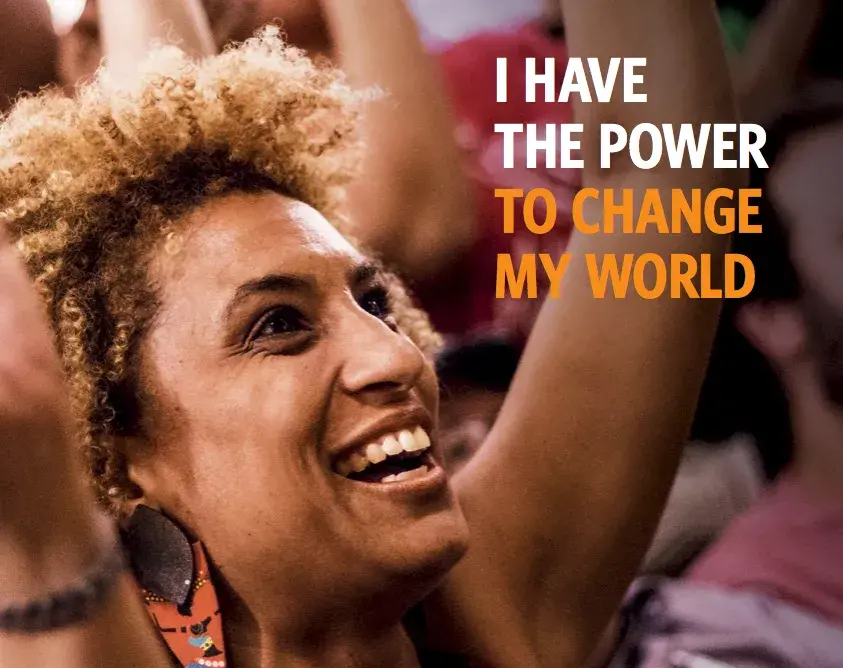Cairo - 9 August 2020 - In response to the horrific explosion that devastated parts of the Lebanese capital, Beirut, on 4 August 2020, the United Nations Population Fund, Arab States Regional Director, Dr. Luay Shabaneh, and all staff express solidarity with the people of Lebanon and all who were impacted by this disaster.
Latest reports indicate at least 160 fatalities and around 6,000 wounded, with 21 still missing. This figure is likely to rise as rescuers continue to search the port and surrounding areas for survivors. Preliminary data shows that the explosion impacted an estimated 13 primary health care facilities and between 6 to 10 hospitals. More comprehensive information will be available as the on-going assessments are completed.
UNFPA is scaling up its efforts to meet the emerging needs of nearly 84,000 women of reproductive age, 48,000 adolescents among the 300,000 who have been displaced due to the catastrophe. An estimated 3,478 women who are currently pregnant will be in need of ante-natal and delivery care services.
UNFPA’s life-saving response will focus on the most immediate needs of the most vulnerable women and girls among the directly and indirectly affected. As an estimated 300,000 have lost their homes, and as health care facilities have been completely or partially destroyed, we will need to ensure the continuity of life-saving reproductive health care services including maternal health care. An estimated 84,000 women of reproductive age (15 - 49 years) among those displaced will need support to meet their menstrual hygiene needs and overall sanitation and hygiene needs. As people are displaced and economically suffering, gender based violence and sexual exploitation and abuse pose a serious risk. And with the active Covid-19 pandemic all service providers need to be protected with adequate personal protective equipment (PPE) along with those seeking services.
UNFPA is mobilizing all available financial, logistics and human resources to respond to expected repercussions, especially in the areas of sexual and reproductive health (SRH) and Emergency Obstetric and Neonatal Care, by providing medical supplies and equipment. In addition, UNFPA is scaling up support to partners to address gender-based violence (GBV) and sexual exploitation and abuse, given the increased risks and vulnerabilities during humanitarian crises, and as a result of the ongoing Covid19 pandemic.
UNFPA is also contributing to the joint rapid assessments of hospitals and primary health care facilities to determine the extent of the damage to sexual and reproductive health and maternity departments. Efforts are currently focused on procuring medical equipment and supplies for maternity departments and affected health facilities, in addition to supporting the related provision of 25% of procurement requirements for the next six months as identified by the World Health Organization (WHO). To ensure continuity of services, UNFPA will recruit and deploy additional surge personnel including midwives to health facilities at the request of the Ministry of Public Health. Furthermore, the agency is scaling up SRH service provision through existing and new implementing partners and will avail more health personnel and ensure wider services beyond the immediate sexual and reproductive health needs.
This crisis is further compounded by the existing threat of the COVID-19 pandemic. UNFPA warns of a worsening epidemiological situation due to the mass exodus of people to small crowded areas. UNFPA plans to purchase 25% of PPE needs for all affected health facilities and to procure Inter-Agency Reproductive Health (IARH) kits to support lifesaving reproductive health services.
Given the traumatic nature of the incident and its repercussions, mental health, psychological first aid and psychosocial interventions will be addressed. In this regard, UNFPA will engage a team of psychologists to work with IPs in the hope of ensuring that mental health is adequately mainstreamed in the service package.
Even before the explosion, UNFPA and its implementing partners had registered a notable increase in intimate partner violence. The massive economic implications of such large-scale devastation may further exacerbate the risks of gender-based violence. UNFPA, as co-lead of the inter-agency GBV coordination group, will support a rapid assessment to determine immediate vulnerabilities and needs. Moreover, UNFPA will procure dignity kits targeting the most vulnerable women and girls among the displaced population.
UNFPA delivers a world where every pregnancy is wanted, every childbirth is safe, and every young person's potential is fulfilled.
For more information, please contact:
In Cairo: Samir Aldarabi, Regional Media Adviser for the United Nations Population Fund for the Arab States Region, +201068484879, aldarabi@unfpa.org
In Beirut: Joyce Haykal, Information Officer, UNFPA Office in Lebanon, +96170190600, haykal@unfpa.org




